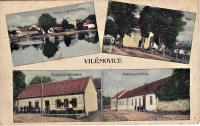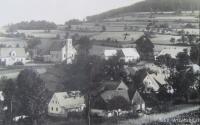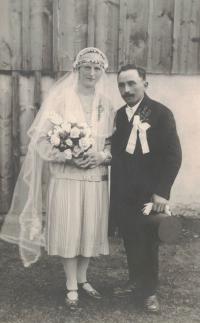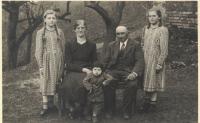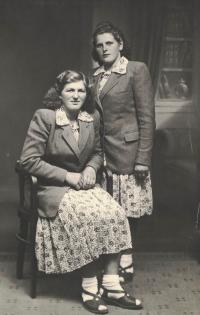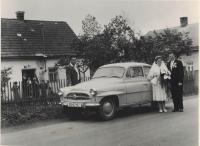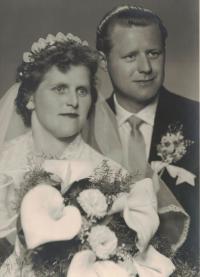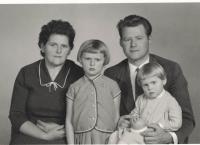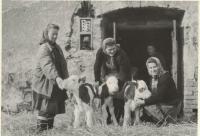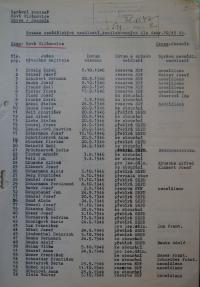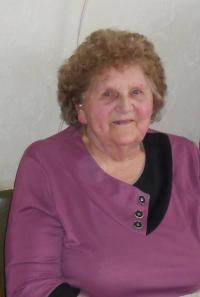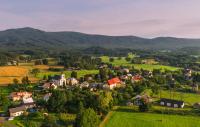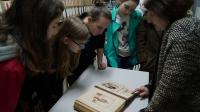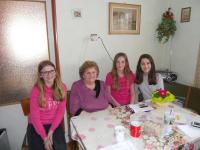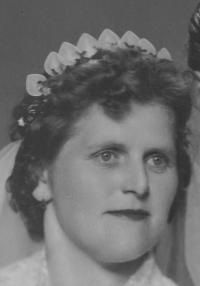Some people started spitting at us when they met us
Hedvika Bartschová was born on October 17, 1929 in Nové Vilémovice in Rychlebské Mountains (Reichensteiner Gebirge, Golden Mountains). Since she came from a German family, she was sent to work to Moravia after the war and nearly all her relatives were deported from Czechoslovakia. Hedvika and her parents and siblings remained in Czechoslovakia, but in 1949 they were forced to vacate their house in order to accommodate Greek immigrants there who came to the region after the civil war in Greece. Hedvika and her husband had two daughters and she learnt to speak Czech only after their birth. In 1967 she briefly travelled to Germany to visit her relatives. She worked in agriculture for her entire life and she still keeps in touch with her German relatives.

